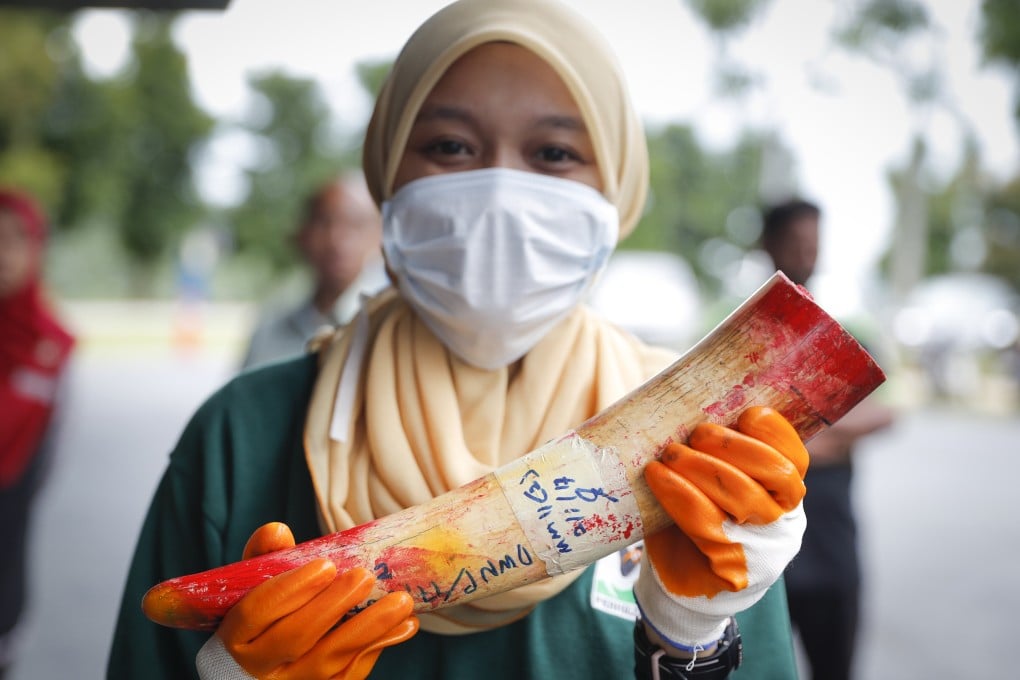Letters | Asia has the tools to end illegal wildlife trade, but must show greater will
- Numerous national regulations and multilateral treaties target the traffic in ivory, rhino horn and other endangered wildlife, but lax enforcement makes them paper tigers

Despite national regulations and international commitments related to conservation, illegal wildlife trade continues to be rife in the region. Much of this goes on undetected and so it is difficult to quantify the extent of illicit wildlife shipped and sold internationally.
An increase in seizures does not necessarily mean that law enforcement and customs officials are more alert – it often means that there has been an increase in smuggling, and that illegal products are flooding the ports due to an increase in poaching and consumption. Currently, there is more demand than supply.
All key countries in Southeast Asia are already signatories to international conventions on transnational crime and species trafficking. They are also members of international enforcement agencies and networks – in Southeast Asia, the Asean Wildlife Enforcement Network (Asean-Wen).
So the tools for turning the tide against wildlife crime exist, but there is still an urgent need for rapid high-level commitment to real action, to reverse the current high-profit-low-risk nature of wildlife crime.